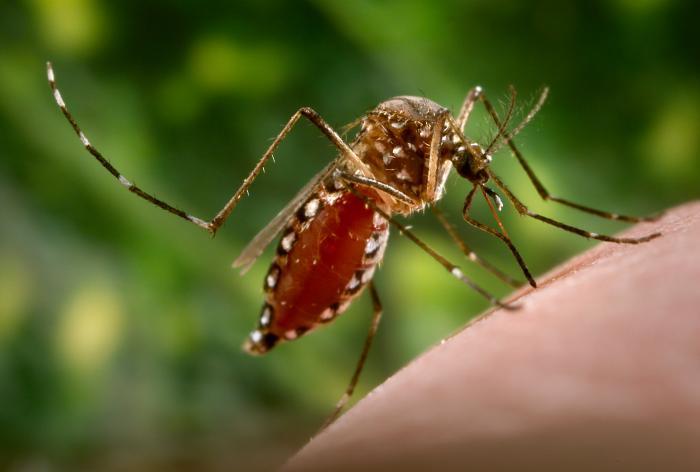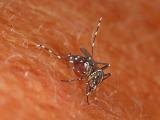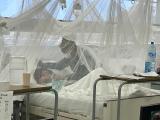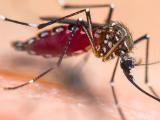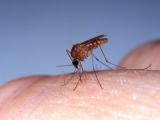Dengue survivors are at increased risk for post-infection multi-organ complications, all-cause hospitalization, and death, suggests a study by researchers in Singapore.
For the study, published yesterday in Clinical Microbiology and Infection, the investigators used national dengue registries and healthcare claims databases in Singapore on 55,870 adults infected from January 2017 through June 2023 and 3.1 million uninfected controls.
The aim was to estimate the risk of multi-organ complications, all-cause hospitalization, and death from the mosquito-borne viral illness. Follow-up was 31 to 300 days.
"Dengue has one of the highest global burdens of disease amongst all vector-borne diseases," the study authors noted. "Population-based cohort studies on long-term sequelae post-dengue are lacking, given dengue’s disproportionate burden in tropical low-and-middle-income countries (LMICs) with limited access to diagnostic testing and follow-up."
Two-fold risk of death
Most patients had mild infections and didn't require hospitalization. The probability of all-cause hospitalization (adjusted hazard ratio [aHR], 1.22) and death (aHR, 2.08) was elevated in dengue survivors. The cumulative number of new-onset conditions in dengue patients rose over the follow-up period relative to controls.
The odds of multi-system complications were greater in both hospitalized and non-hospitalized dengue patients. Older age-groups (61 years and older), patients with underlying medical conditions, men, and those infected with the DENV-2 and DENV-3 serotypes were also more vulnerable.
Post-infection, the risk of any complication was 19% (aHR, 1.19), with a 46.0% higher risk of cardiovascular complications (aHR, 1.46) and a 29.0% higher risk of neuropsychiatric complications (aHR, 1.29). The excess burden of any incident complication was 2.07 per 100,000 dengue person-days.
230% greater risk of kidney complications
Specific cardiovascular risks among dengue survivors were major acute cardiovascular events (aHR, 1.31), abnormal heart rhythms (aHR, 1.46), and ischemic heart disease (aHR, 1.254). Neuropsychiatric risks included impaired cognition (aHR, 1.66), other neurologic disorders (aHR, 1.32), and stress and/or anxiety (aHR, 1.57), and gastrointestinal risks were gastritis (aHR, 1.48) and non-infectious hepatitis/cirrhosis (aHR, 3.66).
Development of multidisciplinary care strategies to reduce chronic health loss post-dengue infection is crucial.
Dengue patients were at a 37.0% higher risk for autoimmune disorders (aHR, 1.37), a 19% greater risk for endocrine disorders (aHR, 1.19), a 42.0% higher risk for gastrointestinal complications (aHR, 1.42), and a 230.0% higher risk for renal complications (aHR, 2.30).
Autoimmune disorders included higher risks among dengue patients were connective-tissue-disorders (aHR, 2.43). The risk of endocrine disorders (aHR, 1.19) and abnormal cholesterol levels (aHR, 1.19) was also elevated.
"Increased risk of long-term sequelae post-dengue infection across multiple organ systems may reflect the systemic nature of acute dengue infection," the researchers concluded. "Chronic multi-systemic sequelae may increase morbidity arising from dengue infection. Development of multidisciplinary care strategies to reduce chronic health loss post-dengue infection is crucial."
